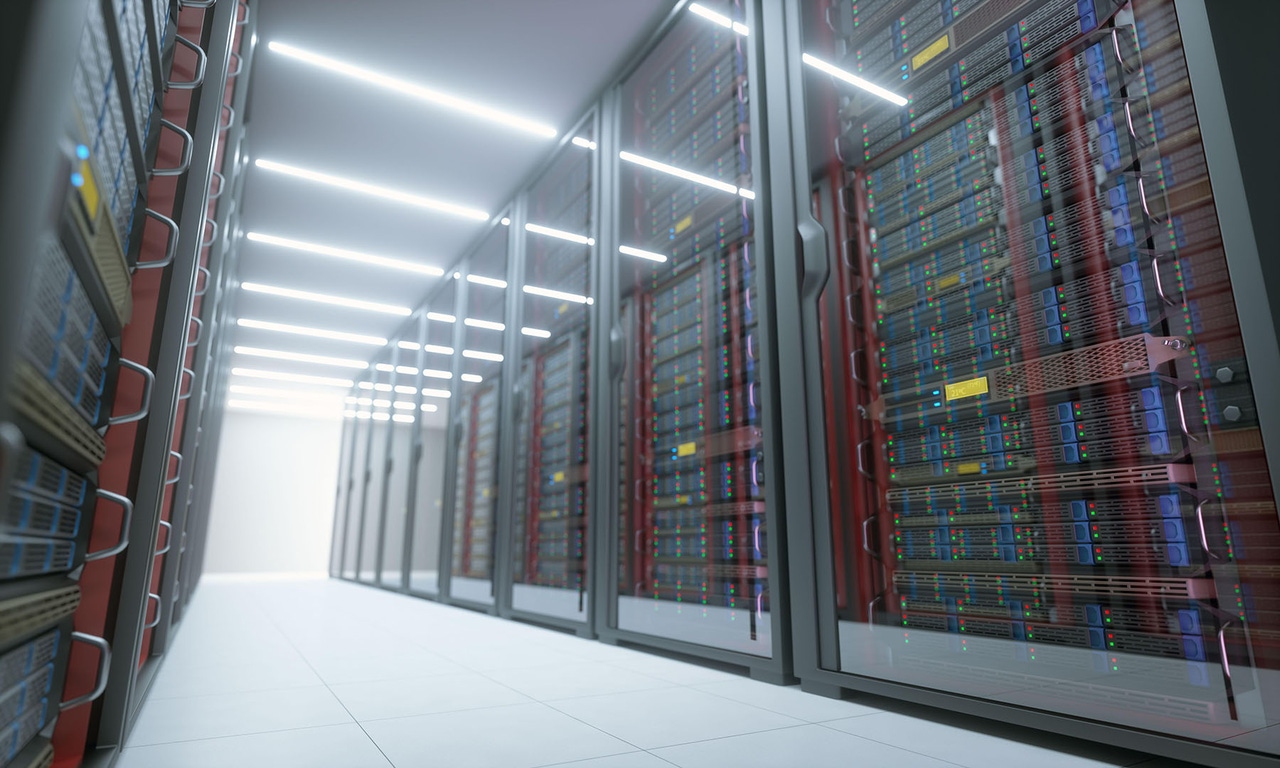Bare-Metal vs. Dedicated Servers: Different Names for the Same Thing?
Unlock the mystery behind bare-metal vs. dedicated servers. Are they truly different, or is it just marketing spin? Dive in as we try to uncover the truth.

Is there a real difference between dedicated servers and bare-metal servers? The cloud computing and hosting industries would certainly like you to think so. Google "dedicated server vs. bare-metal" and you'll find a plethora of articles advising that there are small but important distinctions between each type of solution.
But if you delve into the details, you'll realize that the major difference between dedicated servers and bare metal boils down to marketing more than anything else. Although some vendors do use the terms to refer to distinct types of products, in many cases there are no real differences.
With that reality in mind, keep reading for an honest look at how dedicated servers do (and don't) differ from bare-metal servers today.
What is a Dedicated Server?
In cloud computing, a dedicated server (sometimes also called a dedicated host) is a physical server that is used by a single customer. This is different from most cloud-based server instances because in most cases, cloud vendors divide physical servers up into virtual machines (VMs) and sell the VMs to different customers.
With a dedicated server, the entire capacity of a physical server goes to just one customer.
What is a Bare-Metal Server?
In the cloud, a bare-metal server is precisely what it implies: it’s a server instance that gives customers access to the "bare metal" components of the server. Customers who choose bare-metal servers thus don't share physical machines with other customers; they get the entire server all to themselves.
The Shared Benefits of Dedicated Servers and Bare-Metal Servers
If the above definitions of dedicated servers and bare-metal servers sound pretty similar, it's because they are. In practice, the characteristics and features of dedicated servers and bare-metal servers are often quite similar, and sometimes even identical.
Both options offer a range of advantages, including the following:
Elimination of the "noisy neighbor" problem, which can occur when one workload on a shared server consumes excessive resources, depriving other workloads of the resources they need to run well.
More control over server configuration than customers get when using traditional cloud VMs.
The potential to boost performance by taking advantage of bare-metal hardware components, like DPUs.
In short, if you want better performance and/or more control over your cloud infrastructure, products labeled as both dedicated servers and bare-metal servers will likely give you what you need.
Are Bare-Metal Servers Different From Dedicated Hosts?
That said, some definitions of dedicated servers and bare-metal hosts emphasize factors such as the following, which theoretically distinguish dedicated servers from bare-metal:
Level of control: The term "bare-metal server" sometimes implies that users have total control over the server and are free to install whichever hypervisors, networking configurations, and so on they wish. With dedicated servers, control may be more limited. For example, you may only be able to run a hypervisor that your cloud vendor supports.
Speed of provisioning: "Dedicated server" sometimes suggests a longer setup and provisioning time than "bare metal."
Hardware components: Vendors that offer special hardware components within cloud servers, like GPUs or DPUs, tend to market those solutions as bare-metal server offerings. Physical servers that don't bring any special hardware to the table are more likely to receive the "dedicated server" label.
Put another way, "bare-metal server" has become a term that signifies more modern, flexible solutions, whereas "dedicated server" tends to be associated with more conventional physical cloud server offerings.
Viewed from this perspective, there are no real technical differences between bare-metal and dedicated servers. The key differentiator boils down to marketing considerations and how cloud vendors choose to portray their products.
"Dedicated" – A Confusing Term in the World of Servers
That's all the more true given that the term "dedicated" can refer not just to cloud servers in general, but to more specific types of resources, sometimes leading to confusion.
For example, AWS offers both "Dedicated Hosts" and "Dedicated Instances." Each solution is essentially the same – both give customers a physical server dedicated to them. However, the Dedicated Hosts service provides slightly more control over the server environment.
Some vendors also offer "dedicated CPU." The term's exact meaning can vary, but it typically refers to VM instances that guarantee a certain amount of physical CPU resources to the VM – so customers don't get an entire physical server dedicated to them, just parts of it.
The point here is that "dedicated" can refer to a whole host of different products or configurations, creating ambiguity and a certain amount of confusion.
Conclusion
It would be incorrect to say that dedicated servers and bare-metal servers are totally interchangeable terms. They're not, because they can refer to distinct offerings in certain contexts.
But in general, the distinctions between the ‘bare-metal’ and ‘dedicated server’ terms have more to do with marketing goals than hard differences – despite what cloud vendors may want you to believe.
About the Author
You May Also Like









